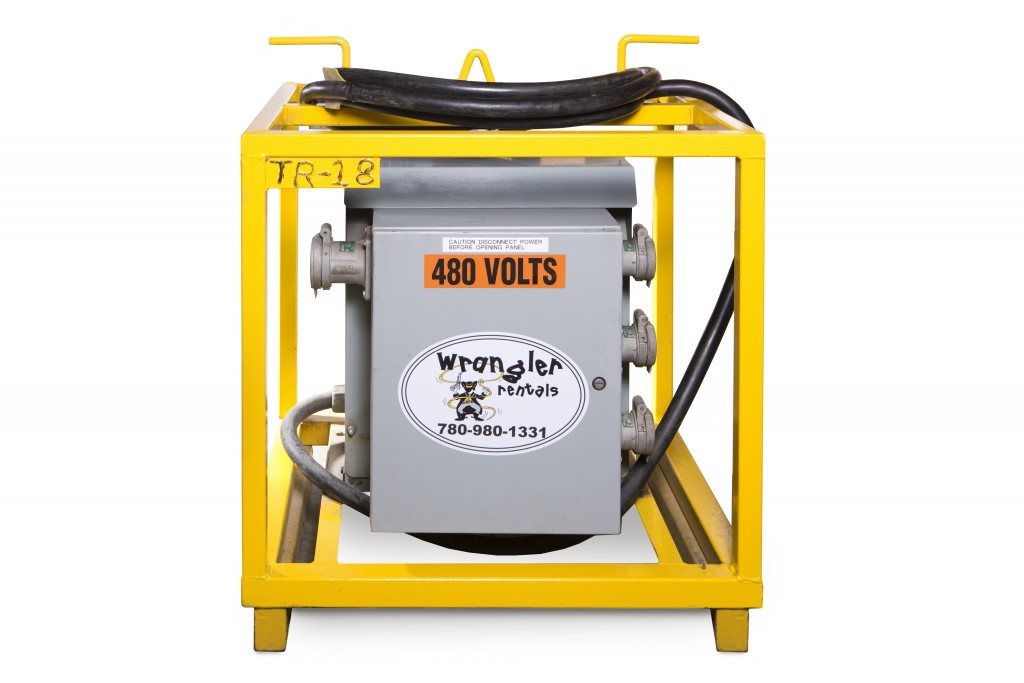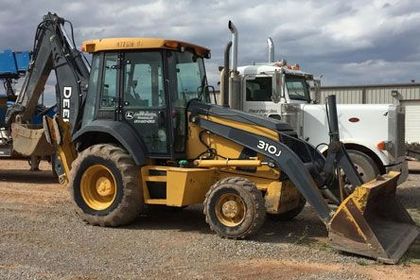Everything you should know about Superior Rentals reviews: what clients say
Wiki Article
A Comprehensive Guide to the Numerous Sorts Of Oil Field Equipment and Pipeline Equipment Available
The oil and gas market depends heavily on customized equipment for efficient extraction and transport. Various sorts of equipment, from piercing rigs to storage tanks, play essential functions in this complex process. Each item of equipment serves distinctive functions that add to general functional success. Comprehending these components is necessary for any person entailed in the market. As the market evolves, so too do the innovations that support it. What developments are on the horizon?
Drilling Rigs: The Backbone of Oil Exploration
Drilling rigs function as the essential equipment in the domain name of oil expedition, enabling firms to accessibility hydrocarbon gets hidden deep below the Planet's surface area. These rigs come in different types, including land rigs, offshore rigs, and mobile systems, each designed to operate in certain settings. Furnished with advanced technology, drilling rigs can penetrate geological formations with precision, making sure reliable resource extraction. The architectural honesty and operational capacities of these rigs are critical, as they have to endure severe problems and substantial pressures. Additionally, the option of an exploration gear impacts the general task expense and timeline, making it an essential consideration for oil firms looking for to optimize their expedition initiatives and make best use of efficiency in their procedures.Pumps: Crucial for Liquid Activity
In the oil extraction procedure, the role of pumps is significant, assisting in the activity of liquids throughout various stages of manufacturing. Pumps are essential for carrying petroleum, water, and other liquids from underground reservoirs to the surface and after that through pipes to refineries. They can be found in various types, including centrifugal, favorable displacement, and submersible pumps, each offering certain objectives based on the liquid qualities and operational requirements. Centrifugal pumps are commonly utilized for their efficiency in high-flow applications, while positive variation pumps stand out in managing viscous fluids. The selection of pump influences overall effectiveness, operational safety, and maintenance costs. Appropriate choice and maintenance of pumps are essential for maximizing manufacturing and lessening downtime in oil field procedures.Valves: Controlling Flow and Pressure

Valves play a crucial duty in taking care of the circulation and stress of fluids within oil fields and pipes. Various types of valves serve unique applications, each created to satisfy details features basic for reliable operation - Superior Rentals midland. Understanding the features and uses of these shutoffs is vital for optimizing system performance and safety and security
Kinds of Valves
Crucial parts in oil area procedures, valves play a critical role in managing the flow and stress of fluids within pipelines and tools. Numerous kinds of valves are made use of to fulfill the varied needs of oil and gas manufacturing. Common kinds consist of gate shutoffs, which provide a straight-line circulation and marginal stress decrease; globe shutoffs, known for their strangling capabilities; and sphere shutoffs, acknowledged for their quick on/off control. Furthermore, check shutoffs prevent heartburn, while butterfly valves provide a light-weight remedy for managing flow. Each valve kind is made with certain materials and arrangements to endure the severe problems typically found in oil fields, making sure reliability and efficiency in operations. Comprehending these types is essential for effective system monitoring.Valve Applications and Features
While numerous sorts of valves offer distinctive purposes, their key applications focus on managing circulation and pressure within oil and gas systems. Valves such as gateway, world, and ball shutoffs control fluid activity, making certain peak performance and safety and security. Entrance valves are commonly utilized for on/off control, offering very little circulation resistance. Globe valves, on the various other hand, deal accurate circulation law, making them suitable for strangling applications. Round valves are favored for their quick operation and tight sealing abilities. On top of that, stress safety valve are important for avoiding system overpressure, safeguarding equipment integrity. Generally, the suitable choice and application of valves enhance functional effectiveness, making certain the reliable transportation of oil and gas via pipes and processing centers.Compressors: Enhancing Gas Transport
Compressors play a vital role in the effective transportation of natural gas, making sure that it moves efficiently via pipelines over cross countries. These devices raise the pressure of natural gas, allowing it to get rid of friction and altitude changes within the pipeline system. Additionally, compressors promote the balancing of supply and demand, suiting changes in consumption and manufacturing prices. Numerous kinds of compressors are employed in the sector, including centrifugal, reciprocating, and rotary screw compressors, each offering distinct advantages based on the functional demands. Regular maintenance of these compressors is important to maximize efficiency and reduce downtime, eventually adding to a reputable gas transportation network. Their essential function emphasizes the importance of compressors in the general oil and gas framework.Storage Tanks: Safe and Efficient Liquid Management
Reliable transport of gas counts on different sustaining systems, one of which is the appropriate management of tank. These tanks play a vital duty in safely having fluids, making certain that operational performance is kept while reducing ecological dangers. Built from sturdy products, they are created to withstand high pressures and harsh elements. Properly sized and strategically located, tank facilitate the smooth circulation of gas and other fluids, avoiding bottlenecks in supply chains. Routine maintenance and surveillance are critical to spot leakages or structural concerns, advertising safety and compliance with regulatory standards. Inevitably, the effective administration of storage containers is crucial for the general honesty and reliability of the oil and gas industry's liquid handling systems.
Pipeline Systems: Facilities for Transport
Pipeline systems serve as the backbone of the oil and gas market, facilitating the effective transport of hydrocarbons over substantial distances. These systems consist of numerous parts, consisting of pipelines, shutoffs, pumps, and compressors, all carefully developed to assure seamless flow. The materials used in pipeline building, commonly steel or high-density polyethylene, are picked for sturdiness and resistance to corrosion. Pipeline networks can span across land and water, connecting production sites to refineries and distribution. In addition, progressed modern technology makes it possible for real-time surveillance of flow prices and pressure levels, improving functional effectiveness. The calculated placement of these pipelines decreases ecological impact while making best use of resource availability, thus playing a necessary function in conference energy demands internationally.Safety Equipment: Guaranteeing Employee and Environmental Protection
The procedure of pipeline systems, while crucial for energy transportation, also presents significant security difficulties for workers and the setting. Security equipment plays a significant role in reducing these dangers. Individual safety equipment (PPE) such as helmets, handwear covers, and non-slip footwear safeguards employees from physical dangers. Furthermore, gas discovery systems monitor for leakages, making sure that dangerous materials do not posture a danger to personnel or the surrounding ecosystem. Emergency closure systems are imperative for rapidly stopping operations during a dilemma, stopping prospective calamities. Spill containment materials, consisting of absorbents and obstacles, are basic for minimizing ecological effect. Generally, purchasing all-inclusive security equipment is critical for preserving functional honesty and protecting both employees and the setting in the oil and gas field.
Frequently Asked Questions
How Do I Select the Right Oil Field Equipment for My Job?
Selecting the ideal oil area tools includes evaluating job requirements, budget plan restraints, and operational demands. Take into consideration variables such as equipment reliability, compatibility with existing systems, and the vendor's online reputation to assure peak efficiency and safety and security.What Are the Maintenance Demands for Oil Field Equipment?
Maintenance needs for oil area devices consist of Superior Rentals reviews regular inspections, lubrication, and timely repair work. Operators should likewise follow manufacturer standards, display performance metrics, and guarantee conformity with security guidelines to improve long life and effectiveness.
Just How Can I Ensure Conformity With Environmental Regulations?
To ensure conformity with environmental guidelines, business have to conduct routine audits, apply ideal practices, purchase training, keep proper documentation, and stay updated on regulation (Superior Oilfield pipeline equipment rentals). Partnership with environmental companies can likewise improve adherence to guidelinesWhat Is the Ordinary Life-span of Pipeline Equipment?
The ordinary life expectancy of pipeline tools typically ranges from 20 to half a century, depending upon aspects such as worldly top quality, environmental problems, and upkeep techniques. Normal inspections can considerably influence long life and operational performance.How Do I Securely Carry Oil Field Equipment to Remote Locations?
Delivering oil area tools to remote locations calls for mindful preparation, including route evaluation, securing permits, making use of proper lorries, and making sure security protocols are followed. Proper training and interaction amongst teams are important for successful transport.Report this wiki page